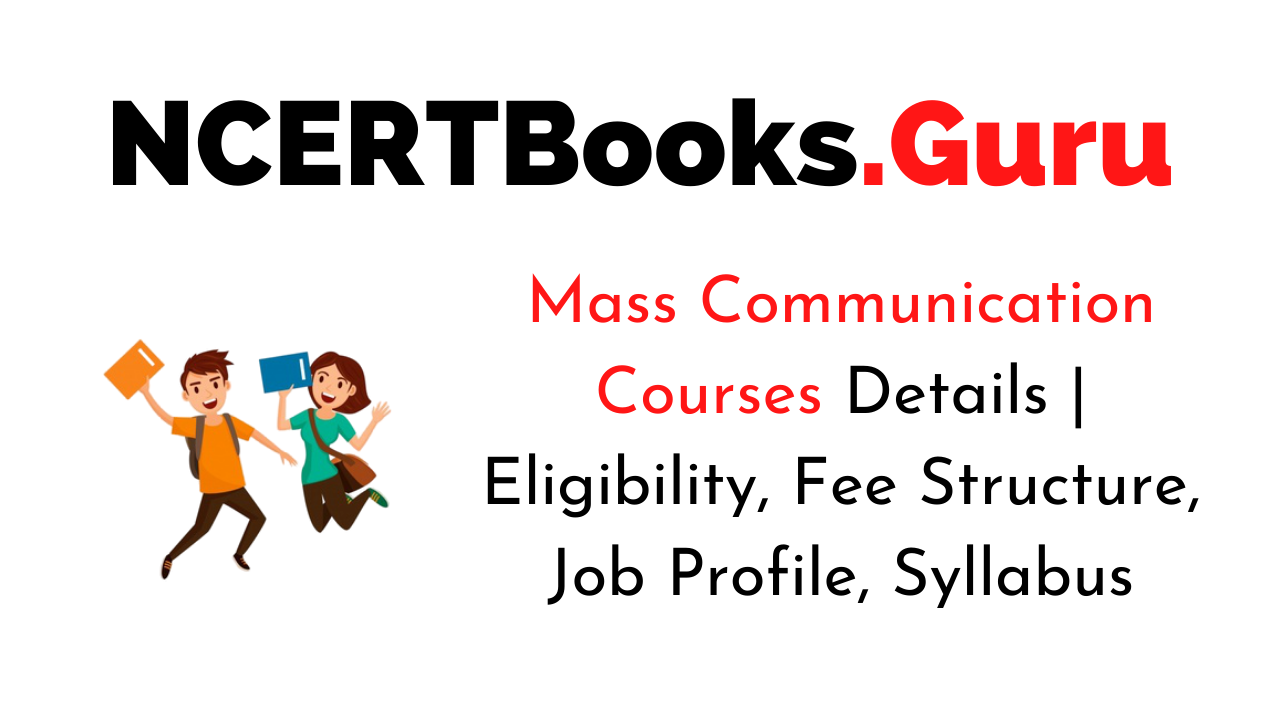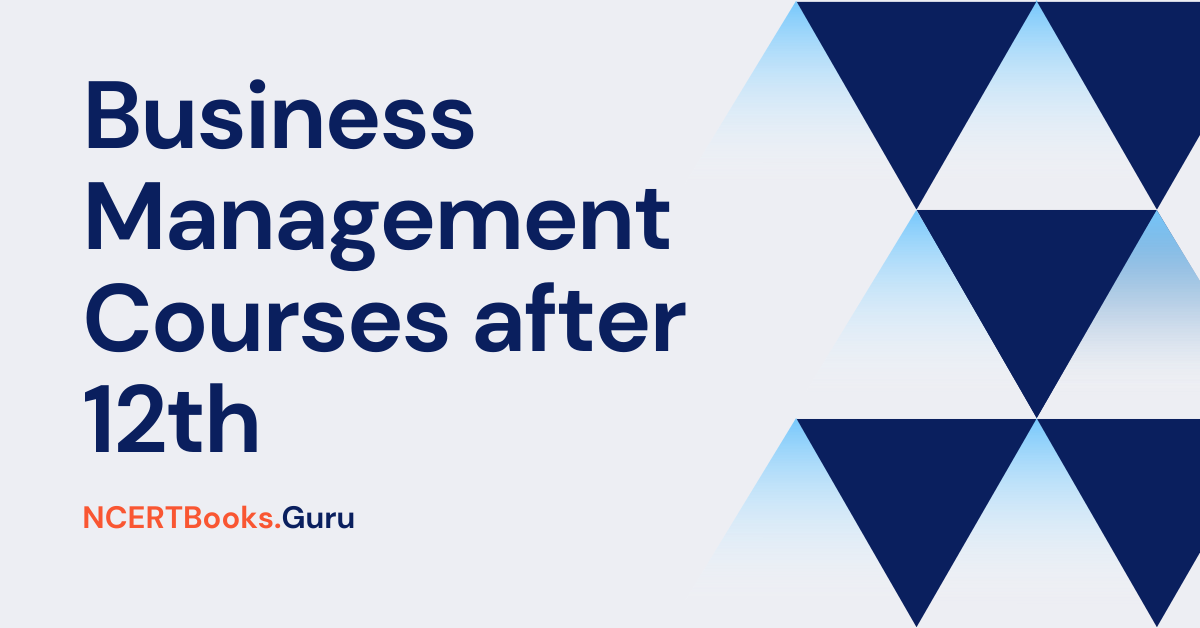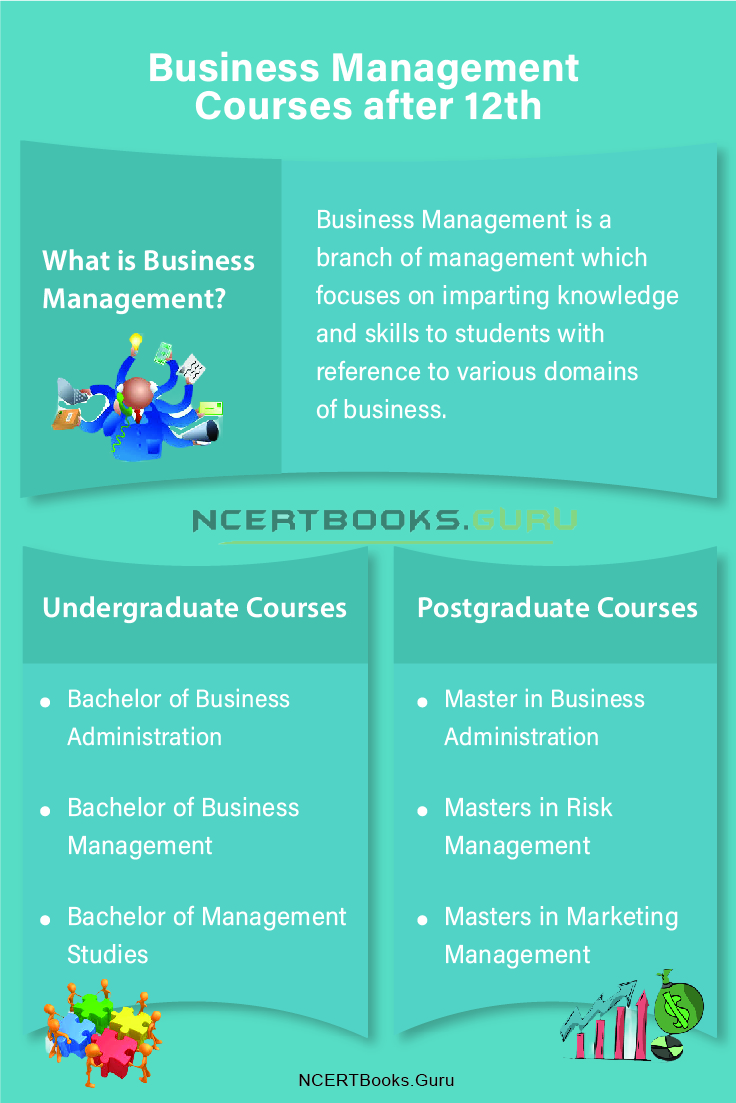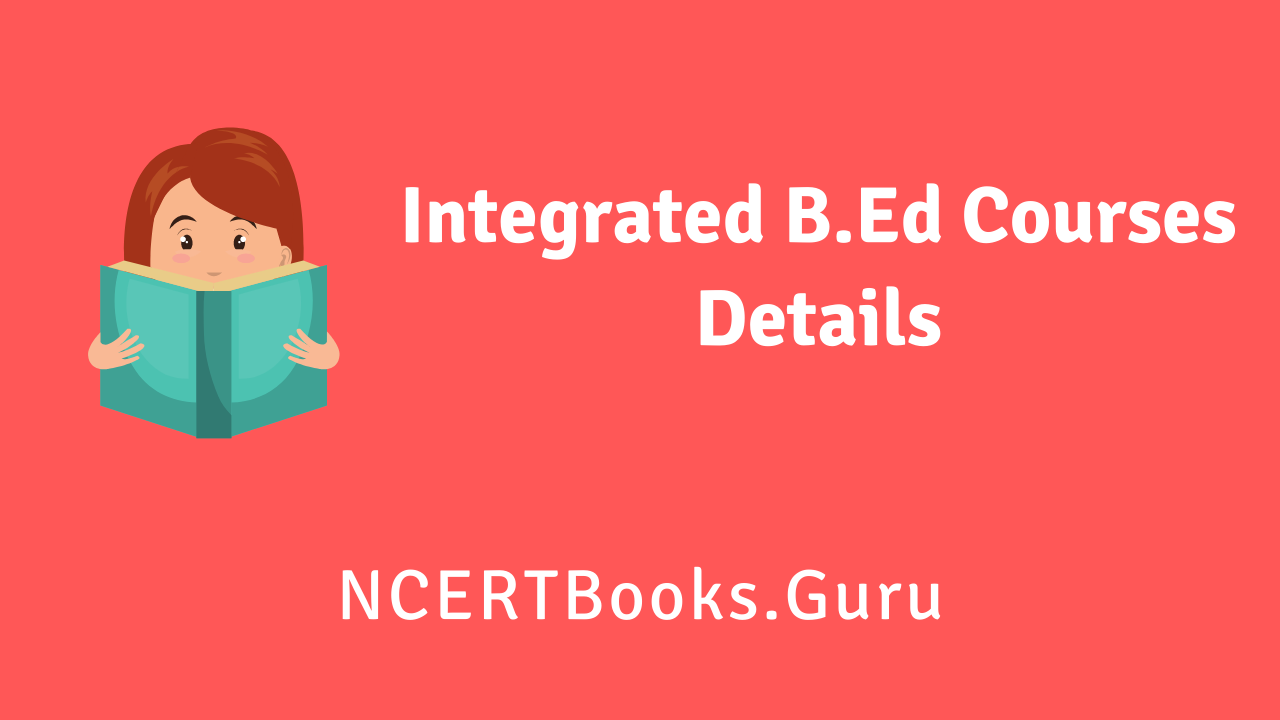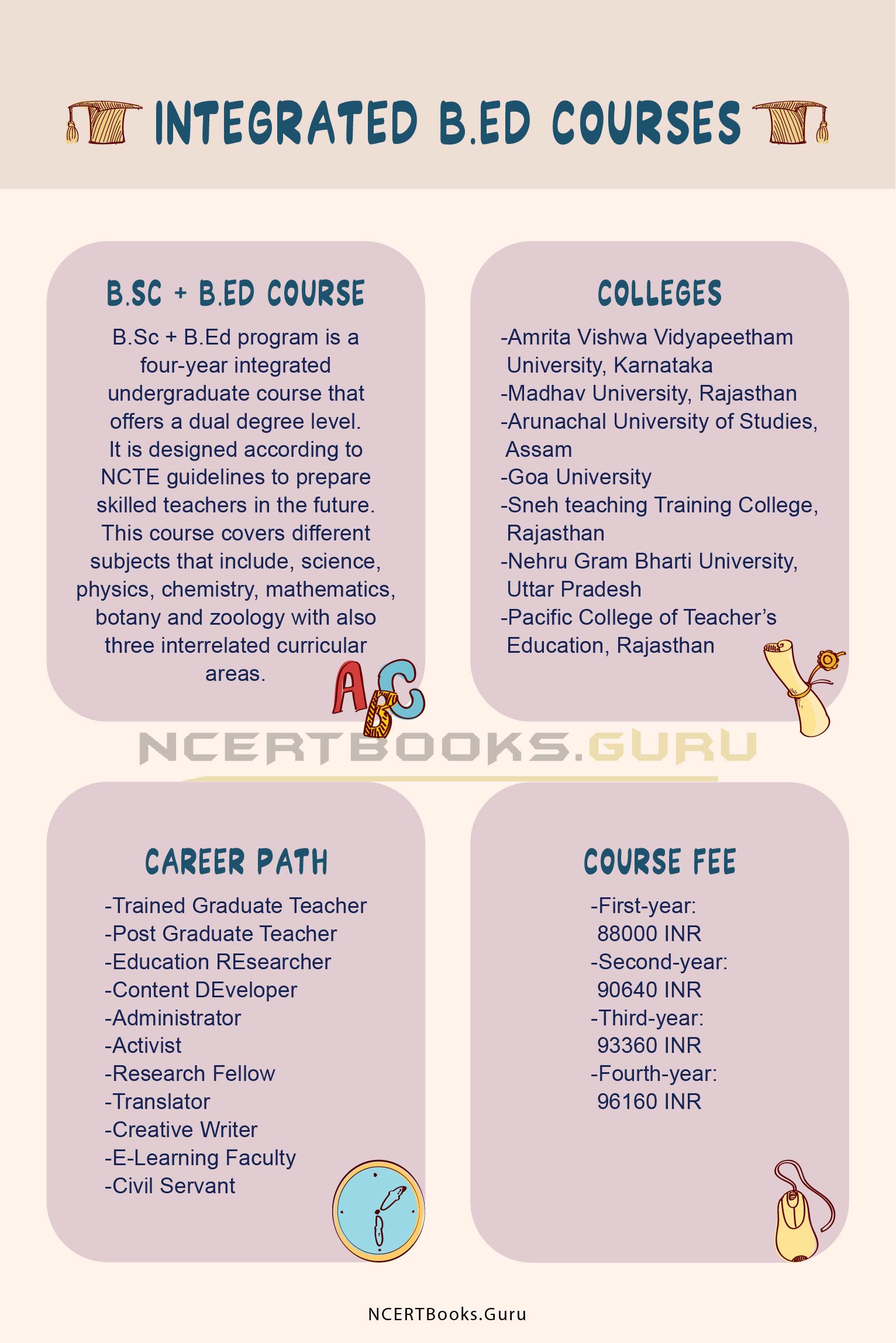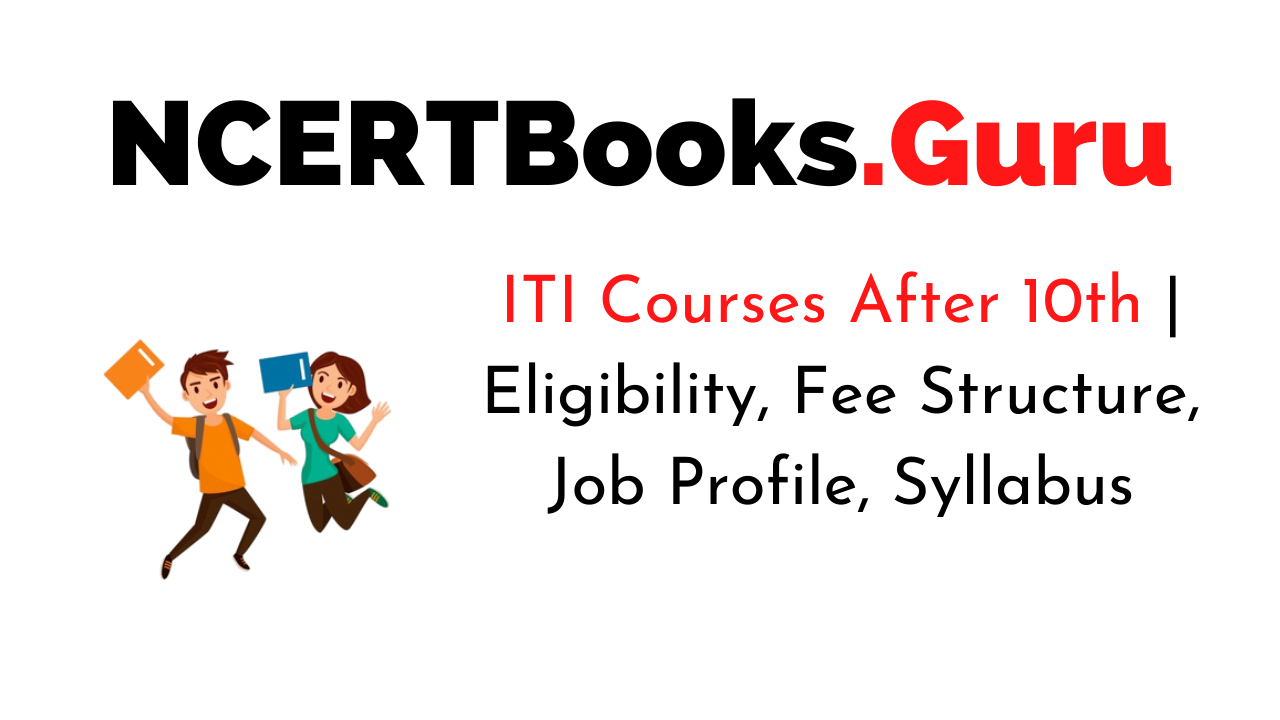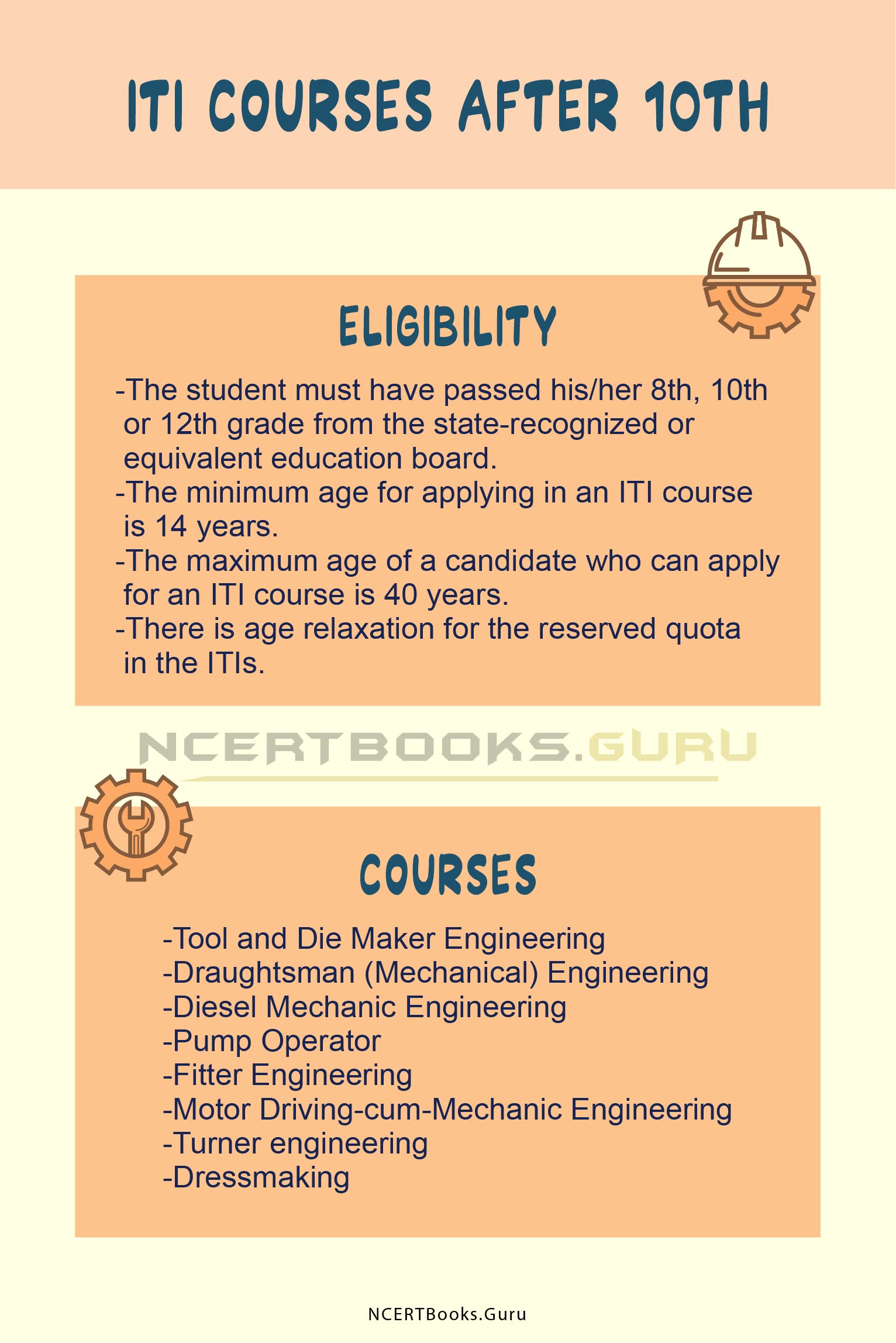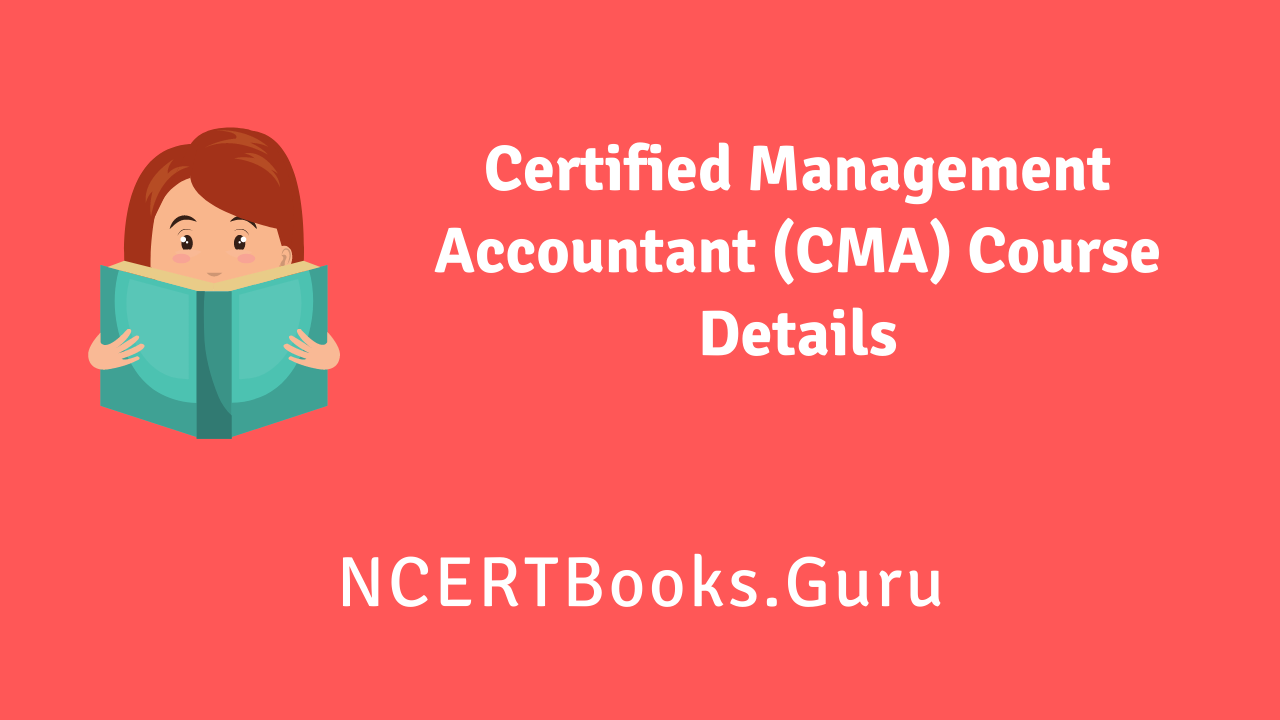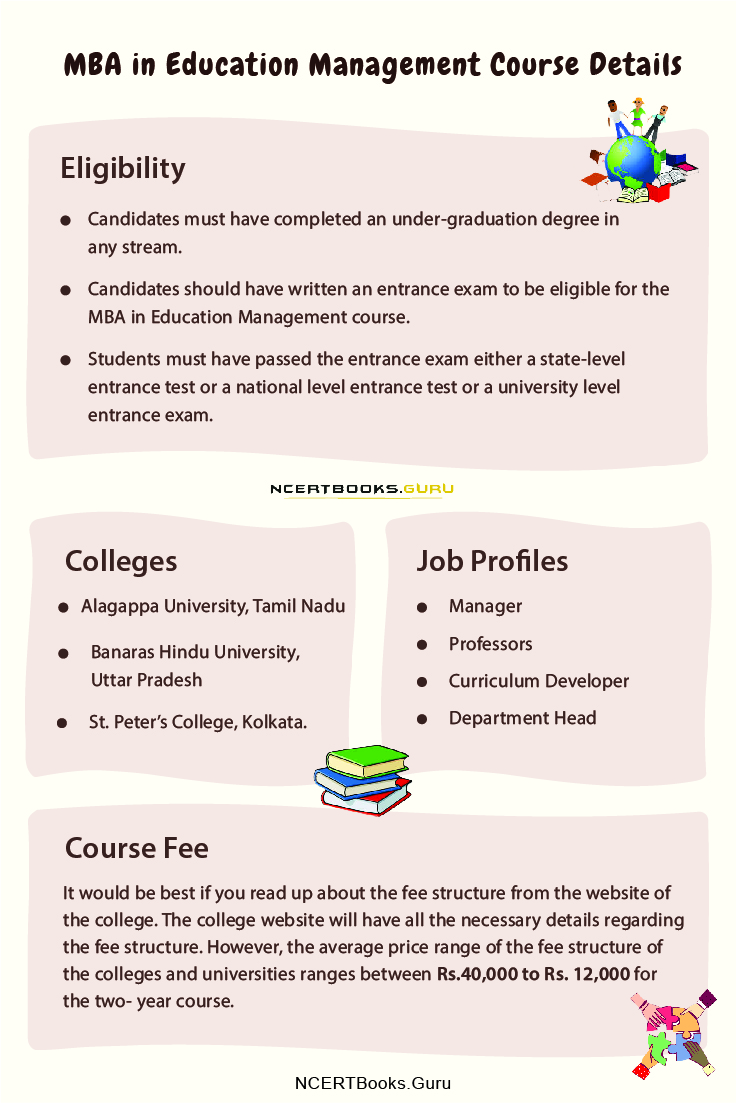Mass Communication Courses: Mass Communication is a medium to share and gain information and connect with people across the globe. It provides training in the field of media. There are a lot of subfields under this broad subject— some of those subfields are event management, reporting, advertising, corporate communication, the list is long. There is no ‘one size fits all’ in the field of Mass Communication! This field has evolved a lot in the last decade and now affects every aspect of our lives.
With this digital boom, media has become more popular than ever. Nowadays, there are a lot of students opting for a professional degree in Mass Communication. The scope for jobs and other career opportunities has also increased a lot in this field. Along with job satisfaction, it also provides a way to express your creativity.
Get to Know More about other types of Course Details in Stream wise, and Category wise
Mass Communication Course Details
The main aim of a Mass Communication course is to make people ready for a creative life. The course is available all across India and is known by a lot of different names as well. Other names for Mass Communication include media studies, communication science, and communication amongst others.
Mass Communication Course Duration
It is usually offered as a 3-year undergraduate course and a 2-year post-graduate course. A lot of institutes offer a short-term certificate program or a diploma course in specialized fields as well. These may range from 3-6 months and can extend up to a year. It is such a popular course today, that people also complete this course in the form of distance learning.
Mass Communication Courses Eligibility Criteria
Students who opt for a degree in Mass Communication have to fulfill a particular criterion. While the basic criteria remain the same as other professional courses, different institutes have set their own rules and eligibility criteria for the admission procedure.
- Undergraduate Courses: All candidates appearing for the entrance exam should have cleared 10+2 with a minimum of 50%. The student should have graduated from a school affiliated to a recognized board of education. English proficiency is a must for this degree. Some colleges/universities also require the student to be a minimum of 17 years of age.
- Postgraduate Courses: All candidates applying for a postgraduate degree in Mass Communication should have done graduation from a recognized university/college. They should have passed with a minimum of 60%. Some universities consider candidates with a minimum of 21 years of age-eligible for the course.
- Diploma and Certification Courses: A student has to check the institute site for details regarding the eligibility criteria as they vary in different institutions.
Mass Communication Course Fee Structure
The average fees for Mass Communication can range from INR 50,000 and can go up to INR 3,00,000 for a professional degree with a period of 2-3 years. For a short term diploma or certification, the fees can range from INR 10,000- INR 30,000 for a time span of 3-6 months.
Mass Communication Course Benefits
- Enhances Creativity and Communication Skills: Mass Communication courses are considered the best degree for a creative individual. It helps them learn with the help of audio and video and other communication tools. The students get a chance to explore the fields of media, newspapers, film & TV, etc.
- Well Networked Social Life: Mass Communication gives you an in-depth understanding of Public Relations. This helps an individual acquire soft and psychological skills. These skills help in maintaining effective networks with people.
- No Prior Experience Is Necessary: Students from any background can study Mass Communication in college. Students from all streams are eligible to appear for the entrance exam. However, it is recommended to do some research before applying for admission to a certain institution for the course.
List of Mass Communication Courses
The following courses come under Mass Communication:
- BJMC (Bachelor of Journalism & Mass Communication)
- BJ (Bachelor of Journalism)
- BMC (Bachelor of Mass Communication)
- MJMC (Masters of Journalism & Mass Communication)
- MJ (Master of Journalism)
- MMC (Master of Mass Communication)
- PG Diploma in Mass Communication
Mass Communication Courses Admission Process
There are 2 types of admission process:
- Merit-Based: It is based on scores obtained in high school certificates and other mark sheets.
- Entrance Based: The candidates have to sit for an entrance exam and the students who passed the minimum criteria move to the next round.
In both circumstances, students have to appear for a group discussion and personal interview round for completing the admission process.
Mass Communication Courses Scope and Career
With the media being the 4th pillar of democracy, there is a lot of scope in this field. There are tons of media houses, magazines, newspapers, and publishing houses amongst others. The Mass Communication students get jobs in various fields such as anchor, editor, journalist, content writer, event manager, video production, scriptwriter, and radio jockey.
The salary of a Mass Communication student depends on the experience and skill set. For freshers, the salary in the media field can range between INR 12,000 – INR 25,000 per month, and for experienced professionals, it can go up to INR 50,000 – INR 100,000 per month.
FAQ’s on Mass Communication Courses
Question 1.
What are the basic skills under Mass Communication?
Answer:
The basic skills required for pursuing Mass Communication courses include writing, observation, critical thinking, problem-solving and cultural awareness.
Question 2.
How can I prepare for my Mass Communication entrance test?
Answer:
Being aware of the current happenings around the country is recommended. Honing the writing skills will also give you an advantage over the others. Practice last year’s question papers and preparing properly for the interview round is all-important.
Question 3.
Which are the 5 types of mass media?
Answer:
Newspapers, radio, magazines, the Internet, and television are the 5 types of mass media.
